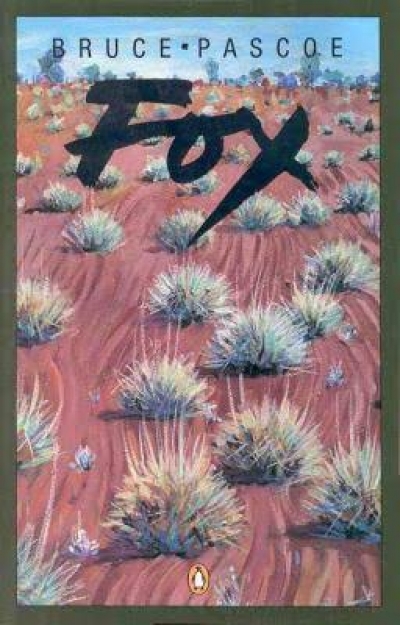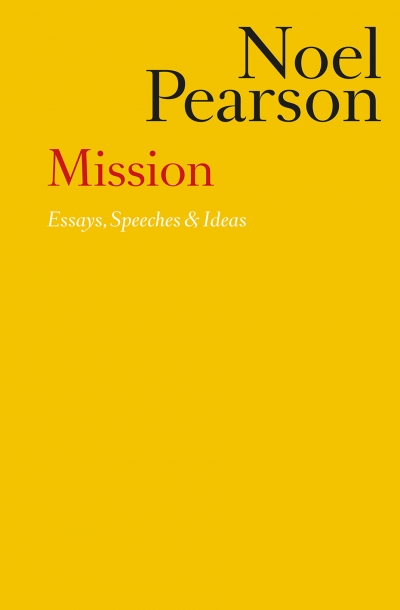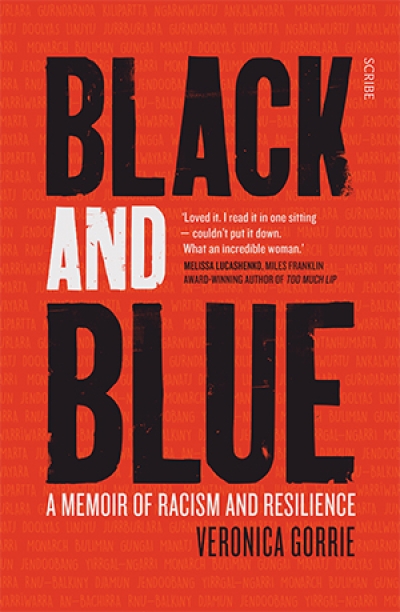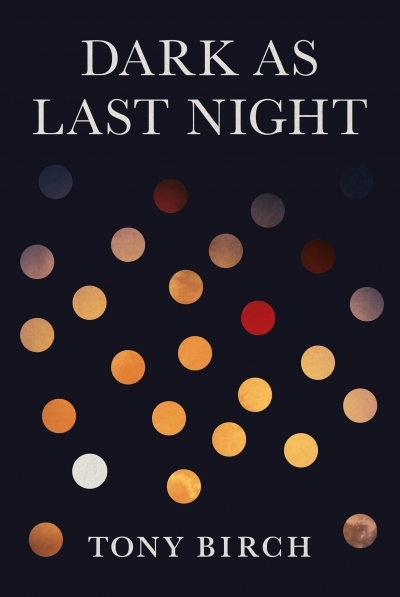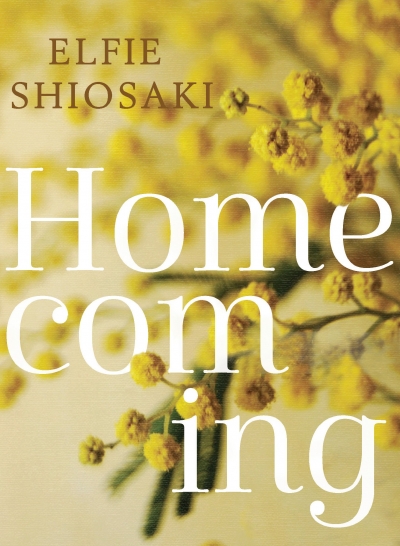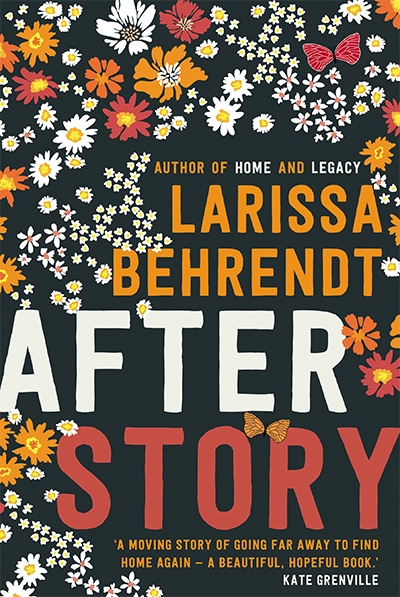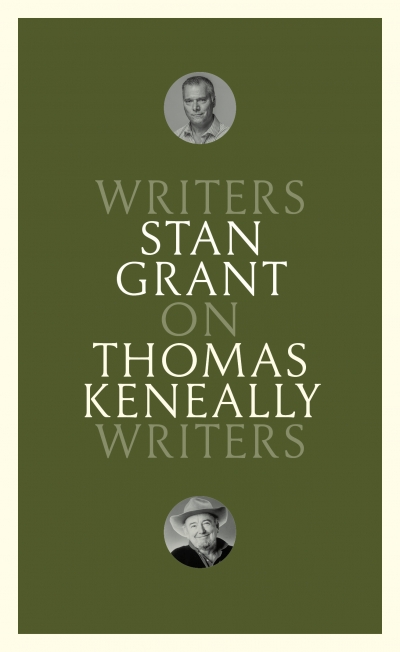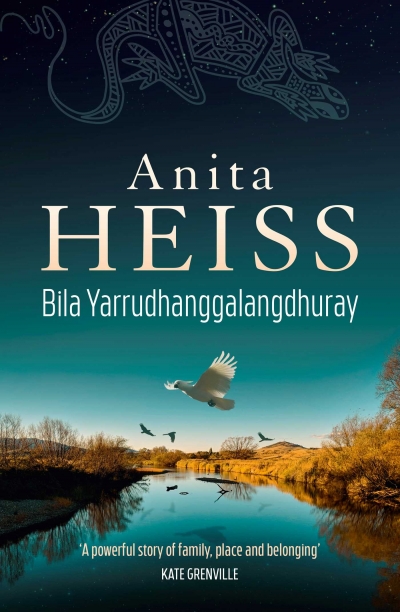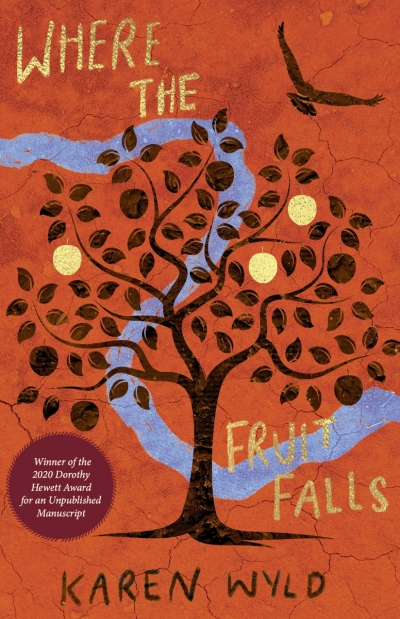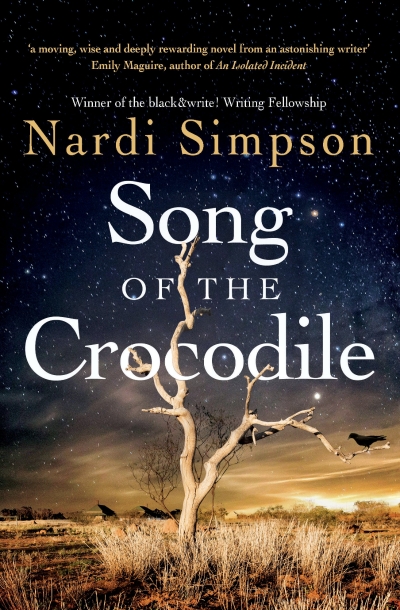Indigenous Writing
It opens with an enigmatic statement – ‘It might take two hundred years’ – (what might?) – and then presents an enigmatic situation. Amidst Australian bush images and scraps of Aboriginal sounding stories, there is someone called Fox wandering around.
Fox, we soon learn, is a young chap called Jim Fox who is making a mysterious trip to Sydney from a farm he once lived on somewhere up the Murray.
He’d expected to be able to just go to places and remain anonymous, for people to just accept his presence as easily as he did theirs, with only the questions which could be answered by your own observations.
He was wrong, of course. People do ask him where he’s from and where he’s headed for and why he’s going there. Fox never says much, but no one minds; people only say affectionately ‘you’re a strange bugger, Fox’ and buy him beers, and give him rides, jobs, money, places to stay, and all the best advice they know.
... (read more)The brief and unpretentious biography of Noel Pearson on the dust jacket of Mission: Essays, speeches and ideas describes him as ‘a lawyer, activist and founder of the Cape York Institute’. Although surely accurate, this gives little indication of the stature this remarkable man has assumed in Australian public life over the past thirty years. If Pearson is an activist, it is of an unusual kind: one who has combined the roles of insider and outsider, agitator and wonk, intellectual and politician, in highly original and productive ways.
... (read more)Black and Blue: A memoir of racism and survival by Veronica Gorrie
Aunty Ronnie is a Kurnai and Gunditjmara woman. She is also a mother of three, a grandmother of two, and one of Australia’s most underrated comedians. Black and Blue, her autobiography, is an enthralling book set primarily in three places: Bung Yarnda, Morwell (Black), and the Queensland Police Service (Blue), where Aunty Ronnie served as a member for ten years. The title is a play on the old saying ‘black and blue’, which commonly refers to someone covered in bruises.
... (read more)‘And what is wrong with sad stories? The world is always sad.’ So advises Little Red, the aged, marginalised, knowing female character in the title story of Tony Birch’s latest short fiction collection. As in Birch’s previous works, Dark as Last Night contains an abundance of sad stories, but with grief and trauma ameliorated by the main protagonist’s affection for at least one other character, be it a family member or neighbour.
... (read more)Noongar and Yawuru poet and academic Elfie Shiosaki writes in the introduction to her new poetry collection, Homecoming, that it is the story of four generations of Noongar women of which she is the sixth. The poems are ‘fragments of many stars’ in her ‘grandmothers’ constellations’. Shiosaki ‘tracks her grandmothers’ stars’ to find her ‘bidi home’. The introduction reads as a beautifully crafted prose poem that contextualises the works that follow.
... (read more)In the latter half of this novel, one of its protagonists is viewing a collection of butterflies at the Oxford University Museum of Natural History. This forms part of Jasmine’s holiday with her mother, Della, a tour of famous literary and other notable cultural sites in the United Kingdom. By this stage they have visited Stratford-upon-Avon, Brontë country in Haworth, and Jane Austen’s Bath and Southampton, and have been duly impressed or, in Della’s case, underwhelmed. But now Jasmine can only feel sadness: ‘We take the life of a living thing, hold it to display, because we feel entitled to the knowledge, entitled to the owning, the possessing.’
... (read more)On Thomas Keneally by Stan Grant & With the Falling of the Dusk by Stan Grant
Let’s start with a portrait. The year is 1993. The book is My Kind of People. Its author is Wayne Coolwell, a journalist. Who are Coolwell’s kind of people? Ernie Dingo, for one. Sandra Eades. Noel Pearson. Archie Roach. And there, sandwiched between opera singer Maroochy Barambah and dancer Linda Bonson is Stan Grant, aged thirty. Circa 1993, Grant is a breakthrough television presenter and journalist whose mother remembers him coming home to read the newspaper while the other kids went to play footy. ‘[T]here was a maturity and a sense of order about him,’ Coolwell writes. The order belies his parents’ life of ‘tin humpies, dirt floors, and usually only the one bed for all the kids in the family’.
... (read more)There are two famous statues in the Gundagai area. One is the Dog on the Tuckerbox. The other is of two heroes, Yarri and Jacky Jacky, who, with other Wiradjuri men, went out in their bark canoes on many exhausting and dangerous forays to rescue an estimated sixty-nine people from the Great Flood of 1852.
... (read more)Set in colonial Australia in the 1960s and 1970s, Karen Wyld’s new novel Where the Fruit Falls examines the depths of Black matriarchal fortitude over four generations. Across the continent, Black resistance simmers. First Nations people navigate continued genocide and displacement, with families torn apart by the state. Where the Fruit Falls focuses on the residual effects and implications of such realities, though it presents a quieter narrative: one of apple trees, wise Aunties, guiding grandmothers, and settlers both malicious and kind-hearted.
... (read more)When you begin to read a book about a remote town heralded by the sign ‘Darnmoor, The Gateway to Happiness’, you know it’s not going to be a happy place. The opening chapter of Nardi Simpson’s first novel describes a neat, drab town of streets with names like Grace and Hope. Under a vast cerulean sky, a whitewashed war memorial lies at its ‘bleeding and dead centre’.
... (read more)

